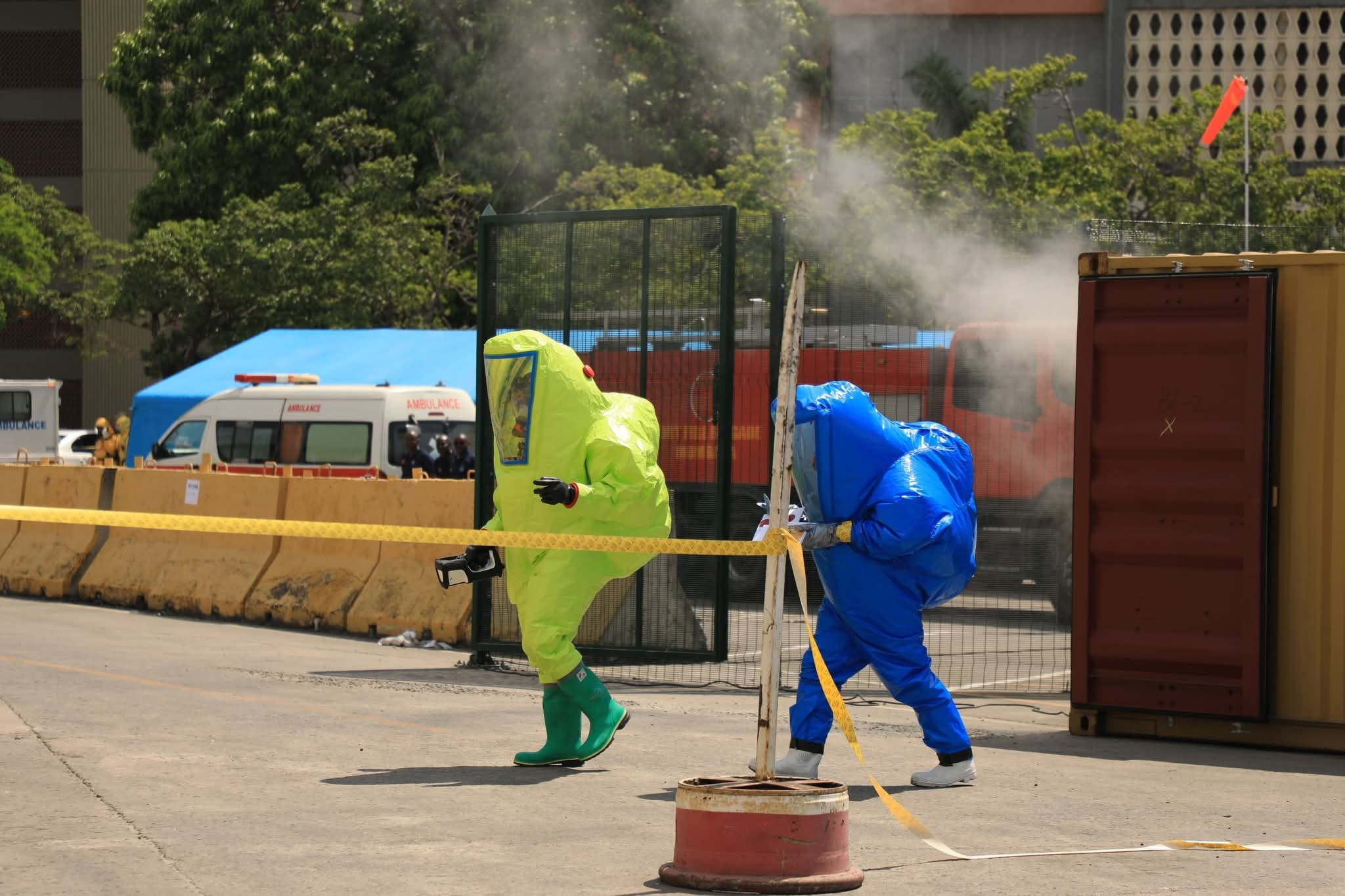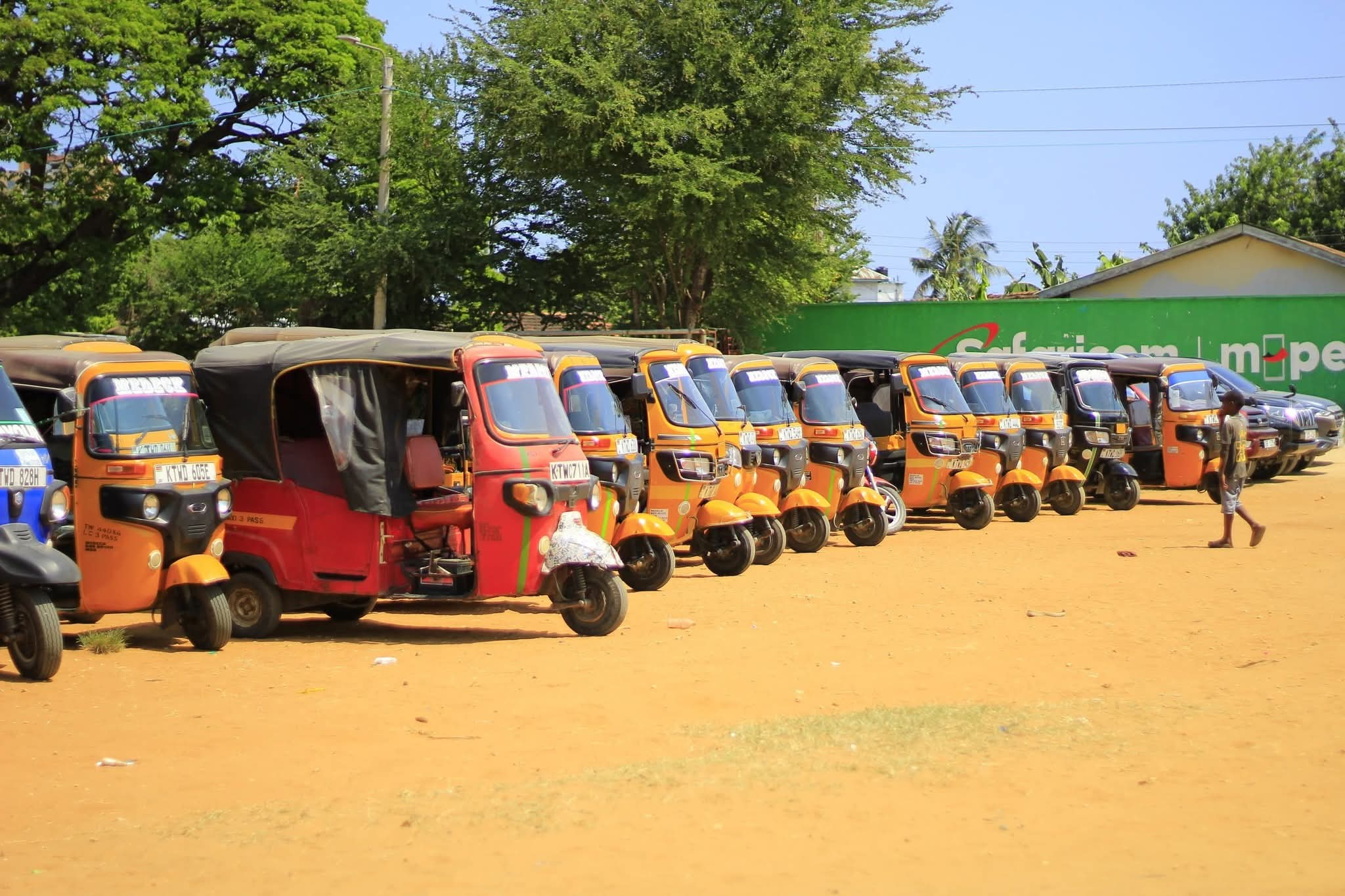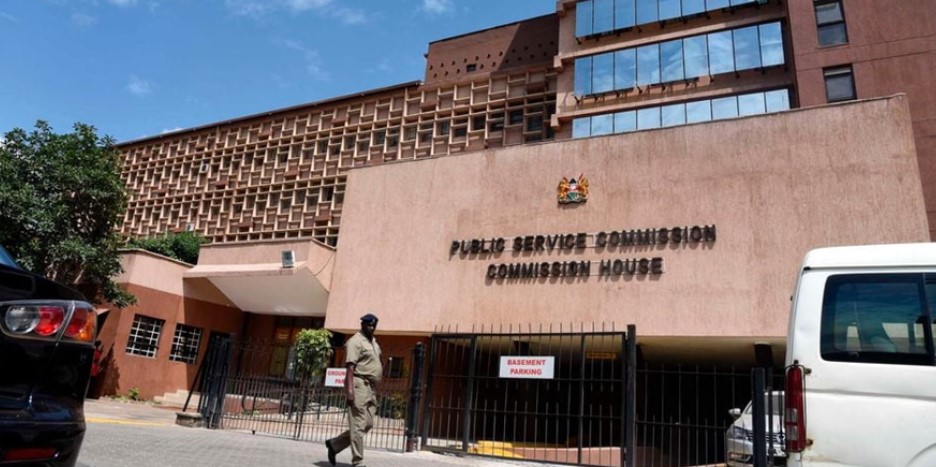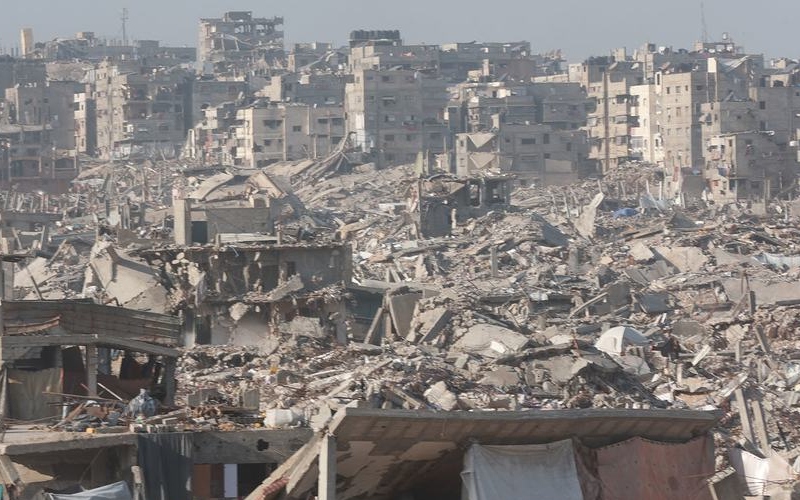Floods havoc: Thousands of Garissa farmers count losses as farms are submerged
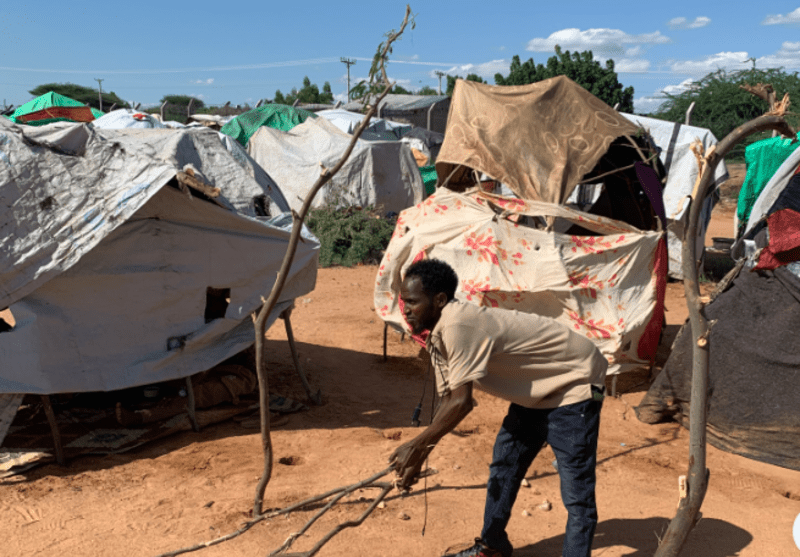
Some farmers faced a double tragedy as their residential houses in Garissa town were also submerged by the floods.
More than 7,500 farmers in Garissa County are grappling with substantial losses as their farms have been submerged by the floods from the Tana River.
According to farmers who spoke to The Eastleigh Voice, they have also lost crucial farming equipment, including water pumps, swept away by the relentless floods after the River Tana burst its banks.
More To Read
- CS Kagwe orders integrated pest management to save macadamia nuts
- Garissa resident sues National Assembly over police service commission appointments
- Garissa human rights activists demand justice for student allegedly raped and killed by guardian
- Over 170,000 livestock targeted as Mandera and Garissa ramp up vaccination drives
- Garissa town residents call for urgent drainage fix as floodwaters swamp businesses, homes
- Death toll in Elgeyo Marakwet landslide hits 37, 11 people still missing
Dr Abdi Farah Jari, Chairman of the Garissa Farmers Association, said the floods have dealt another severe blow to farmers who were still recovering from the devastation caused by the El Niño rains.
"We're knocked down again. The disaster is unforgiving. We were just beginning to recover from the massive losses caused by the El Niño rains, and now another flood has submerged our farms and swept away our equipment, including water pumps," said the chairman.
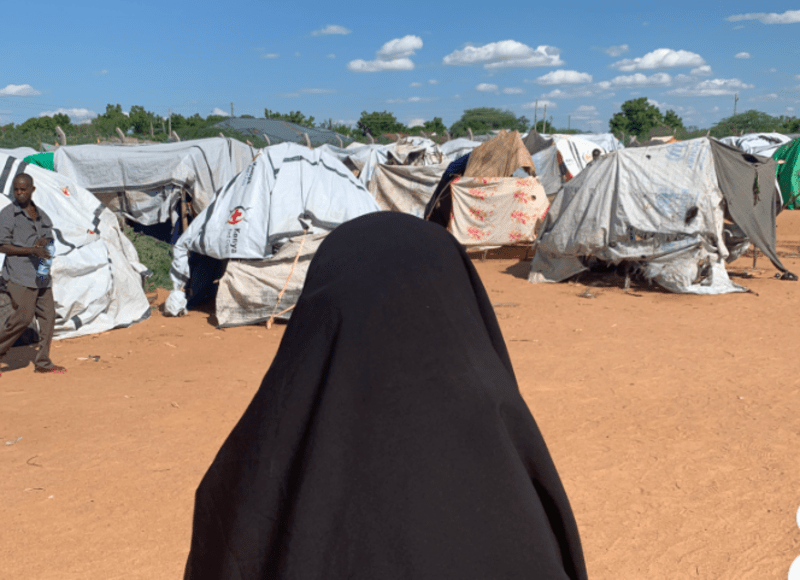 Some of the makeshift houses at KALRO camp. Some farmers have been forced to live here. (Issa Hussein)
Some of the makeshift houses at KALRO camp. Some farmers have been forced to live here. (Issa Hussein)
Dr Abdi stated that over 7,500 farmers, who are members of nearly 650 farm groups along the River Tana, have been affected by the complete submersion of their farms.
He highlighted the plight of families whose livelihoods depended solely on crop farming, as they found themselves helpless, unable to access their flooded farmyards. Dr Abdi noted that some farmers had left their livestock in the flooded farmyards, with their fate still unknown.
"At Haji Gure and Qhaira farms, several heads of cattle and goats were left behind, and their fate remains uncertain," he said.
Some farmers faced a double tragedy as their residential houses in Garissa town were also submerged by the floods, which displaced thousands of residents.
Daud Abdi Hassan, one of the affected residents, recounted his ordeal. He is among over 600 families from Bulla Vumbi who were displaced and are currently sheltering at the Kenya Agricultural and Livestock Research Organization (KALRO) compound in Galbet ward, Garissa township sub-county.
Daud decried the loss of both his residential home in Bulla Vumbi and his farm at the Garissa First Farm Members Group, both submerged by the floods.
"I had recently borrowed money, and invested Sh 300,000 in the farm, hoping for a good harvest to pay off the debt and save for my children's college education. But unfortunately, another flood disaster struck," he said.
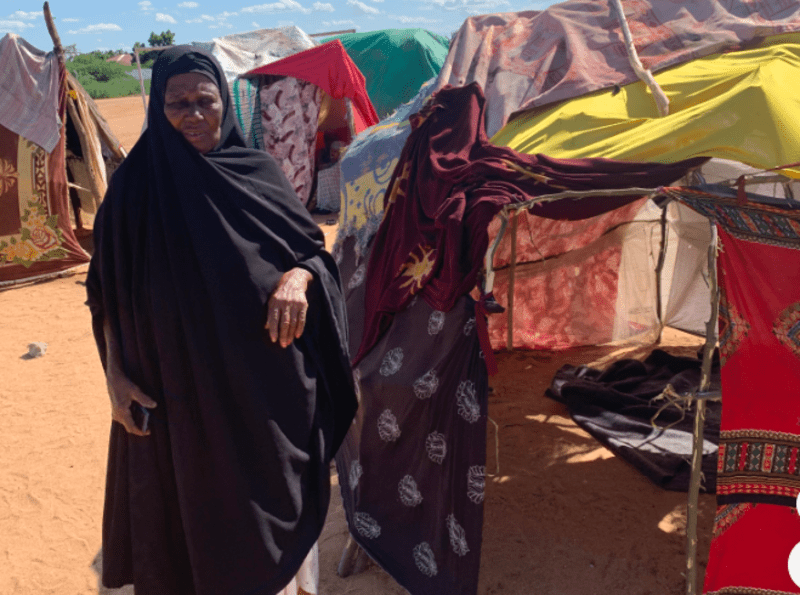 Kaltuma Abdi Hassan, the chair lady of KALRO IDP camp in Garissa township. (Photo: Issa Hussein)
Kaltuma Abdi Hassan, the chair lady of KALRO IDP camp in Garissa township. (Photo: Issa Hussein)
Daud further stated that they had not received any government assistance following the El Niño disaster and did not expect any now. He urged the government to find a solution to divert the destructive waters released from dams managed by KenGen.
Fatuma Hassan Aden shared a similar fate, with both her home and farm submerged by the floods. She also resides at the KALRO IDP camp and reported losses of crops and farm equipment in the disaster.
At the camp, a total of 96 farm labourers, who fled from the flooded farmyards at First Farm, Raya, and Howlwathag Farm, are living in makeshift shelters.
Yussuf Barasa and his wife Sahra Wekesa, originally from Malakisi, Bungoma County, were forced to flee the floods that submerged First Farm, where they worked as labourers and engaged in charcoal trading.
They lost household belongings and 50 sacks of charcoal ready for sale. They now reside in a makeshift shelter with minimal salvaged household items.
Their neighbour, Geoffrey Baraza, a farm worker from Howlwathag farm, also fled from the floods that engulfed the farm, which was his sole source of livelihood.
Kaltuma Abdi Hassan, the chairlady of the KALRO camp, decried government neglect. She reported that almost 600 displaced families from Bulla Vumbi and displaced farm labourers had yet to receive support for food, water, and shelter from the government. She also highlighted the poor sanitation conditions within the camp.
Top Stories Today

